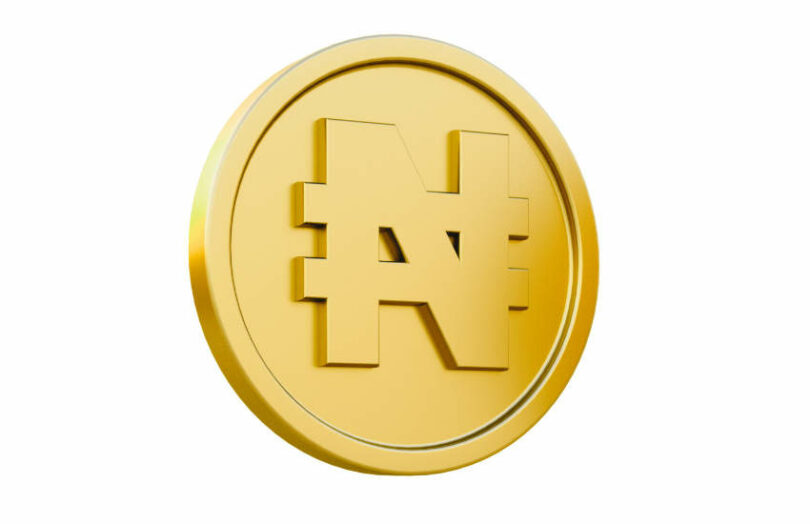Last week, the Central Bank of Nigeria announced new features for its central bank digital currency (CBDC), the eNaira, in an effort to boost its service offerings and continue driving user adoption.
The CBDC will now support NFC technology, the same technology used by Apple and Google Pay for contactless payments. It also enables peer-to-peer (P2P) transfers. . Additionally, the central bank will allow users to restrict payments with enhanced programmability functions, including for government aid programs such as farmer loans.
New NFC features
A month after the ousting of its central bank governor, which initially cast a cloud over the future of the eNaira, Nigeria continues pushing for the widespread adoption of its CBDC with new innovative features.
“The world is going digital and the CBN cannot afford to lag behind. So, when there’s a new technology, we embrace it,” said Joseph Angaye, deputy director of the central bank’s risk management department, during a recent speech.
The eNaira will thus incorporate NFC technology. We suspect retail and P2P payments were already possible using QR codes, but NFC contactless payments allow easier adoption by retail merchants and make the payment process more user-friendly. Some Nigerian reports imply the central bank has introduced an NFC tag that can be attached to feature phones which often don’t support NFC, but that has not been verified.
Programmability
Additionally, the central bank also announced new programmability features to make the eNaira more user-friendly and increase the efficiency of government welfare programs.
Mr. Angaye said the CBDC can now be programmed to be spent in a specific location or on designated items, which could help users have better control over their spending. Most importantly, it would allow public authorities to ensure subsidies are used as intended.
“If we want to get funds across to farmers to acquire tools or for any other specific thing, we program it. They cannot divert the money transferred into their eNaira wallet to some other things,” the deputy director said.






